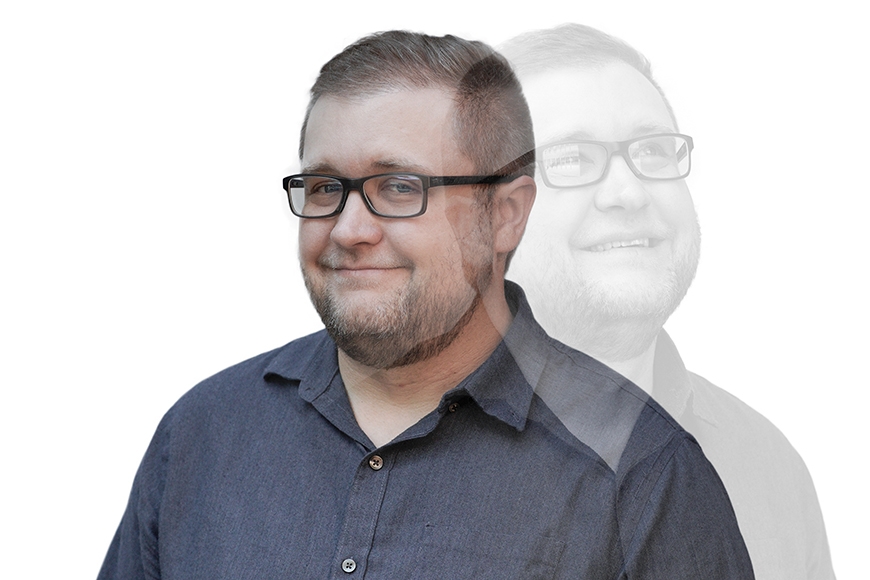What Lies Beneath
Richard Landers (John P. Campbell Professor in Industrial & Organizational Psychology and associate professor of psychology) directs the TNTLAB (Testing New Technologies in Learning, Assessment, and Behavior) where he and his team conduct research and work with organizations to understand the current role and the potential of the internet and related technologies to improve work. This research incorporates rigorous experimental and psychometric methods addressing how to improve organizations in relation to how they treat their employees, and they investigate the use of a range of technologies, including big data, gamification, virtual reality, video games, handheld devices (e.g., smartphones), online social networking, and web-based training.
The most immediate step we need to make things better, whether in private organizations or in society in general, is to build greater shared understanding of the challenges we face. This is one of the reasons it’s so important not to shortchange the liberal arts. A liberal arts education makes it clear how to look at subtext. What’s driving a lot of people’s behavior in the world today are the things they believe but don’t say or maybe even realize. The liberal arts help people say,
“You’re telling me A, but I think you actually believe B. And let’s figure out why that’s happening and what it means, together.” That’s how the liberal arts support the good of society. We need more people who can go out into the world with that appreciation. We need more people willing to question their own beliefs and the beliefs of others, to be willing to grow together, to pursue outcomes that are actually better for everyone, instead of what’s just easiest or fastest.
One of my goals in the work that I’ve done has always been to challenge preconceived notions about what psychology is in order to expand our appreciation of and impact on these real-world issues, where things are not so simple as within the silo of a single perspective. When I go into the business world, I often find myself among executives and managers, each with their own biases, expertise, and training. From there, I need to develop a mutual understanding of the organization if I hope to make a difference. I understand that they are trying to make good decisions, even when they’re not successful. Figuring out exactly who believes what and why, where past decisions came from, is critical.
Management really varies in terms of how diverse it is, not just in the demographic sense, but in terms of experiences and perspective, and a lack of diversity in a boardroom in all dimensions can really flavor the kinds of decisions they ultimately end up making.
So for example, when I go into an organization and say, “The way you’re using artificial intelligence (AI) or the way you’re using games or the way you’re using social media in relation to the people you manage is harmful,” those in management don't immediately push back. They don’t think that I’m there because of a purely quixotic reason or that it’s my personal mission to get rid of AI in an organization. My goal is to make things better for everyone, for both the organization and its employees.
It’s not just about buying a product and putting it in and looking for return on investment. There are often these other dimensions, these human dimensions, that they are missing. That is really the big advantage to this kind of approach and the kind of work that I do: Crossing the bridges that others can’t. That’s what the funding from my Campbell Professorship allows me to do. I can go to a computer scientist colleague and say, “I’d like to build this.” And they say, “Do you have money?” And then I can say, “Yes, I have the support to build a prototype.”
That’s the key. Then we can use that prototype to make something bigger and to apply for grants to help us do even bigger projects still, which brings more funding to Minnesota for even more graduate students to devote their time to making the world a better place. Those resources make it much easier and more practical to open those doors, to overcome the barriers that others can’t cross.
Richard Landers
